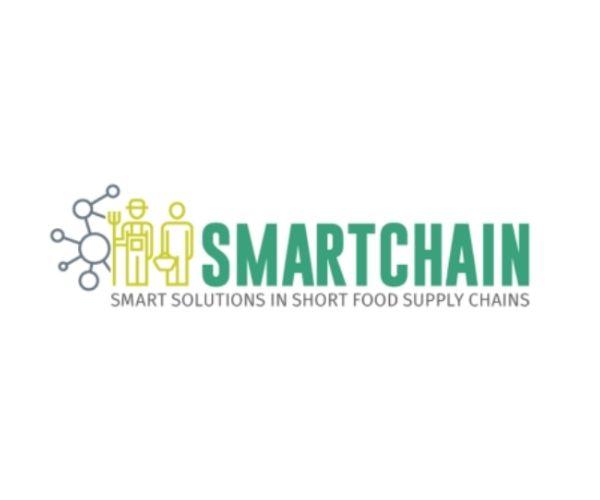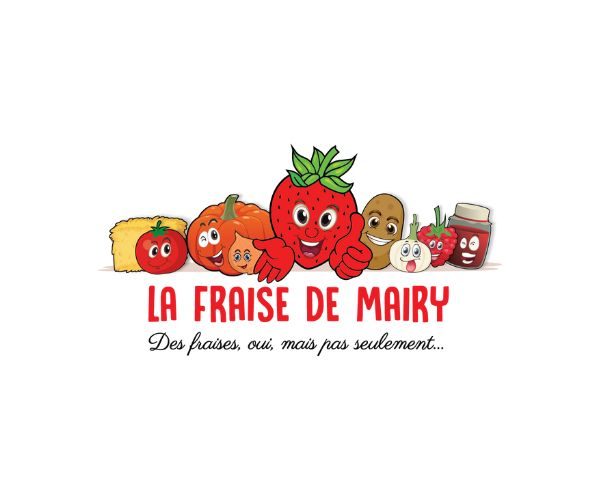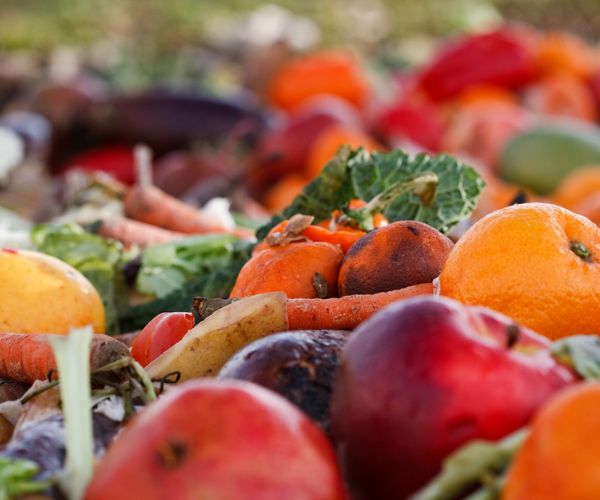Environmental performance and sustainable development
Smartchain project: collaboration through innovation and gamification for shorter and smarter food chains
21
Sep

Published on : 21/09/2021
During the meeting, crucial steps were taken to define short and collaborative food supply chains that take into account social, environmental and economic aspects.
One of the highlights of the event was the launch in the Netherlands - by the project partners University of Utrecht and Amped - of the gamification model (or gamification, which is the transfer of game mechanisms to other areas and whose goal is to make an action more fun, to encourage the commitment of the individual who participates) of the short food supply chain.
The game is developed on the GAIN transition model, which is a widely recognized conceptual framework used in the Dutch food transition to explain the different network/collaboration levels of sustainable food transition and short food supply chains.
The GAIN transition model is a useful tool for analyzing four levels of short food supply chain networks: local, regional, national and European (see below).

- LEVEL I - A local food system can be formed through collaboration among several partners.
- LEVEL II - Collaboration between Local2Local and a regional network of stakeholders.
- LEVEL III - Includes initiatives to facilitate collaboration among these local food systems on a national scale.
- LEVEL IV - Refers to European coordination between EU member states, e.g. through SMARTCHAIN funding and research, links to sustainable development goals and European carbon and climate change targets.
Since the GAIN transition model is consistent with the central objective of the SMARTCHAIN project ofaccelerate the sustainable food transition by facilitating collaboration between actors in the short food supply chainThe development of a basic gamification concept was integrated as a key task.
SMARTCHAIN's gamification model aims to incorporate game elements (such as points, goals, and rewards) into non-game contexts, which increases user engagement in the process and provides unique opportunities to identify and mobilize this force. Therefore, the model will develop i) a strategy and roadmap for building the "short food supply chain community and design the gamification method at local, regional, national and European scale defining the epic wins/goals, game concept, game mechanics, data model, financial model, legal framework and marketing strategy. The goal is to build the short food supply chain community into the SMARTCHAIN platform for further implementation.
The ambition of the SMARTCHAIN project is to facilitate collaboration within the food supply chain and to develop a model that will allow this chain to be not only shorter, but also smarter. With its experience and participation in major global events related to the improvement of agri-food production and the challenges of ecological transition, the CTCPA is your best ally for your projects.
 This project is funded by the European Union's Horizon 2020 research and innovation program under Grant Agreement No. 773785.
This project is funded by the European Union's Horizon 2020 research and innovation program under Grant Agreement No. 773785. If you would like to know more about the structure of the project, our objectives or this special game model, please visit www.smartchain-h2020.eu
If you would like to know more about the structure of the project, our objectives or this special game model, please visit www.smartchain-h2020.eu Contact : Marie-Pierre Labau
Contact : Marie-Pierre Labau





